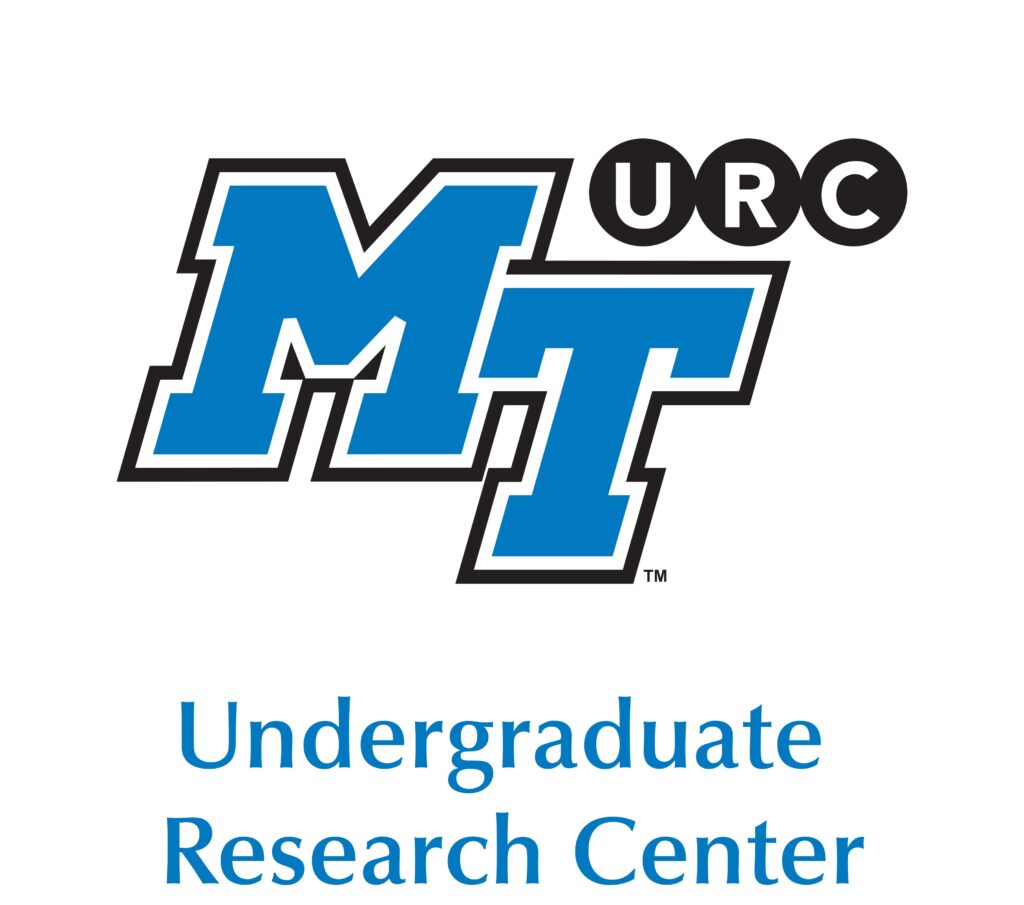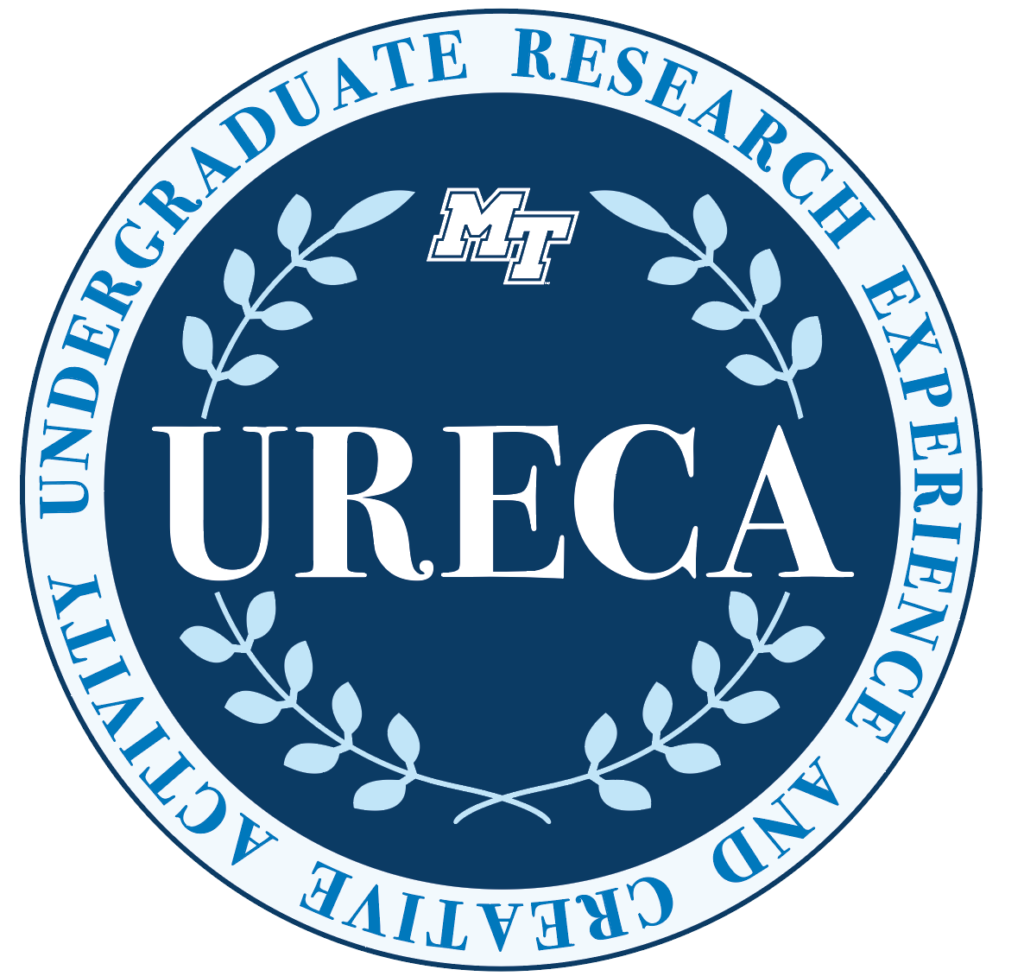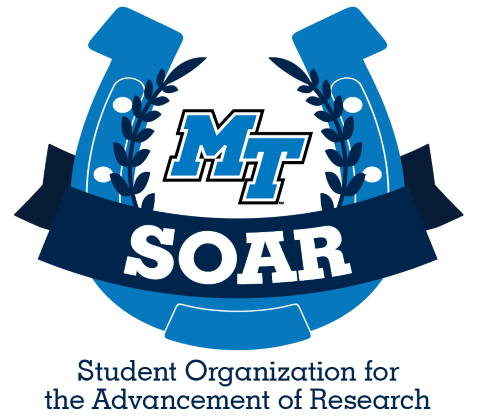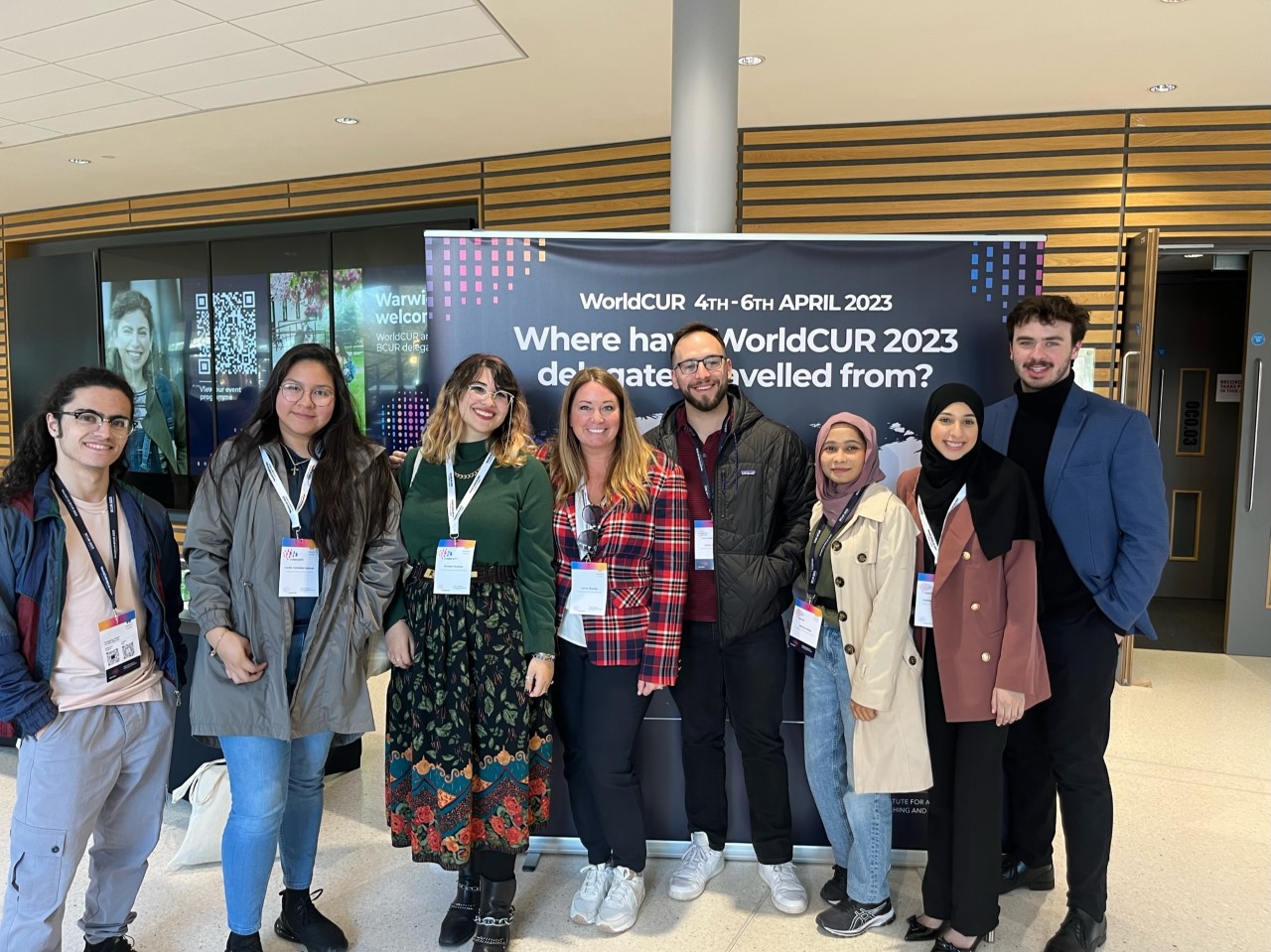Undergraduate Research Center
Student Reflections
URECA Student Reflections
Upon completion of the URECA program, students are asked to reflect upon their experience and make a connection between their research and its applicability to their education, career plans, and future research projects. Below are reflections from some of our URECA scholars, which overwhelmingly support the importance of experiential learning in undergraduate research. If you are contemplating the idea of mentored research, we hope these insights will help persuade you to give it a try.
Would you recommend seeking out opportunities for mentored research during college?
“Absolutely. I started when I was a Sophomore, and I wish I had started even sooner. Research gives you an intrinsic desire to explore a topic you find fascinating rather than taking whatever shortcuts necessary to get a specific letter grade in a standardized class. I cannot stress this enough. Education needs a paradigm shift, and this is where it needs to go. Curiosity and wonder need to be the drivers.”
“I would strongly recommend mentored research for students while they are in college. The student-to-mentor dynamic is a one-on-one approach that has many advantages over the traditional classroom/group setting that dominates the college experience. First, there are no other voices clamoring to be heard. There is just the student within a forum to singularly pursue specific goals and a project tailored to her/his sensibilities and interests. Second, this dynamic is a chance for the student to be guided by someone who has had experience in the type of research being pursued. The kind of insight that the student can gain from this is incredibly valuable since it can help their work not only be stronger but also start from a place that is mindful of potential pitfalls and previous advancements in the field. Last of all, in the most ideal circumstances, the student is not alone when taking on a large-scale project because the mentor will be there to offer encouragement, support, and a listening ear when plans go awry. Having someone to turn to who deeply understands the work at hand can be instrumental in successfully completing the project. The mentor is the student’s guiding and supportive hand all along the way.”
“Absolutely yes. Research experience defines a mediocre college experience from an excellent one. It gives opportunities for training above and beyond what is expected from a bachelors degree and makes the student more competitive for graduate and professional school. It also helps the student engage early with faculty that can mentor them in areas of life and school outside of the lab.”
“I would absolutely recommend it. Even if you are not going into a career in STEM, there is research in every field and it helps you learn in a way you could not otherwise. Being around an expert in their field gives you perspective as you explore career options yourself. It is an excellent use of time, includes a stipend and looks great on a resume!”
How did the URECA experience benefit your education?
“My research experience has been the cornerstone of my success at MTSU. I have gained a tremendous amount of knowledge from working in the lab, including two publications, multiple scholarships, and most recently, admission to one of the most prestigious graduate schools in the world. This would not have been the case without research, and URECA funding to enable me to spend less time off campus at work.”
“This experience benefitted my education tremendously. I learned how critical searching through related literature is in order to overcome unexpected, the importance of being able to clearly explain your project objectives to people who have no background in chemistry, as well as emphasize the practical goals of the project during presentations. Further, this experience has greatly influenced my interest in pursuing a career in research after attaining a PhD.”
“Working on this project has prepared me to handle theoretical classes by allowing me to work on theoretical Machine Learning algorithms. Aside from the actual project, working closely with a mentor has prepared me to better work with leaders in my field. My experience in URECA has prepared me to handle theoretical classes, work with mentors, and, ultimately, my future in the research field.”
“I feel that this experience combined all of the knowledge that I have learned in my degree and also the skills that I have built in college and allowed me to apply it to real world scenarios. This process allowed me the opportunity to problem solve and use creative thinking. Most of the time people don’t get an opportunity to do research like this or use the knowledge and skills they have obtained in their undergraduate years until some upper division classes, internship, graduate school, or their first job out of college. Creating a plan, using the scientific method and following through helps to secure the habits that you should have already developed. Doing research in high school or as a freshman in college I believe will help them build the skills they need to thrive in college.”


Fall URECA Deadline
Thursday, September 5th, 4:30pm

Contact us
Jamie Burriss, Ph.D., Director
(615) 494-7669
Jamie.Burriss@mtsu.edu
Casey Penston, Coordinator
(615) 809-4588
Casey.Penston@mtsu.edu
